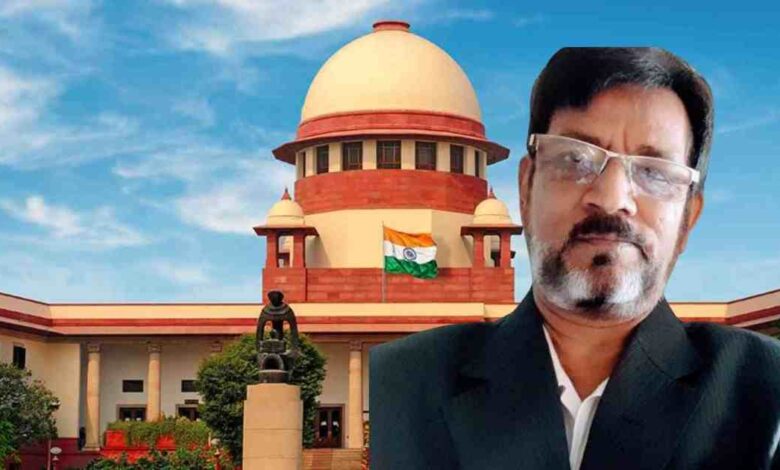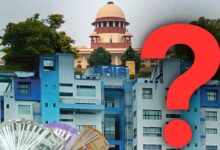West Bengal DA Case: Malay Mukhopadhyay Questions Govt’s “Clarification” Plea to SC

West Bengal DA Case: The fate of West Bengal state government employees regarding the Dearness Allowance (DA) case may once again reach the doors of the Supreme Court. Although the country’s apex court, in an interim order on May 16, 2025, directed the state government to pay 25% of the DA arrears within six weeks, it is now understood that the state government is considering approaching the Supreme Court again for clarification on that very verdict. This situation has created fresh anxiety and uncertainty among the state government employees. Malay Mukhapadhyay, the General Secretary of the Confederation of State Government Employees, has shared his views on the matter.
The Supreme Court’s Directive and the State Government’s Stance
The bench of Justice Sanjay Karol and Justice Sandip Mehta, in a landmark interim order on May 16, had stated that 25% of the outstanding Dearness Allowance must be paid to the state government employees within six weeks. While this order brought a ray of hope to the employees, it has recently been reported that the state government may seek clarity on certain aspects of this directive. For this, they are contemplating another appeal to the Supreme Court.
Regarding this, Malay Mukhapadhyay, General Secretary of the Confederation of State Government Employees, said, “We have learned this from the media. If the state government is truly taking such a step, it is unfortunate. Because the Supreme Court had given this order by clearly upholding the verdicts of the Calcutta High Court and the State Administrative Tribunal (SAT).”
Background of the DA Case
The DA case for state government employees is a long-standing issue. Demanding DA at par with central government employees, they first approached the State Administrative Tribunal (SAT) and later the Calcutta High Court. The verdict in both courts went in favor of the employees. The Calcutta High Court had clearly stated that DA is a legal right of the employees and the state must pay it twice a year based on the market inflation rate according to the All India Consumer Price Index (AICPI).
- SAT’s Verdict: On July 26, 2019, the SAT ruled that the state must clear the pending DA for employees according to the ROPA (Revision of Pay and Allowances) rules.
- High Court’s Verdict: Subsequently, the Calcutta High Court upheld the SAT’s verdict and commented that DA is equivalent to a fundamental right for the employees.
- Supreme Court’s Intervention: The state government challenged the High Court’s verdict in the Supreme Court. After nearly 17-18 hearings, the Supreme Court finally issued this interim order.
Employee Reaction and Future Steps
The employees are disappointed with this new move by the state government. Malay Mukhapadhyay strongly criticized this step, saying, “If the state government had read the ROPA rules properly, they wouldn’t have needed any clarification. The ROPA clearly states how the DA is to be calculated. Approaching the Supreme Court again now only means wasting time.” He added with frustration, “Sitting idle will not affect the mistress of Nabanna, it’s the common employees who will suffer. But we will see this through to the end. We will not back down, even if it costs us our money and effort.” According to the employee unions, the state government is merely trying to prolong the process of paying the DA.
The Government’s Financial Situation
The state government has repeatedly cited its financial crisis. According to them, paying such a large amount of DA arrears at once is difficult for the state. However, the Calcutta High Court had previously stated that employees cannot be deprived of their legal rights by citing financial reasons. The employee unions allege that while the state government can spend crores on events like ‘Khela-Mela’ (fairs and festivals), it talks about financial constraints when it comes to paying the rightful dues of its employees.
Overall, the DA case has reached a new turning point. Lakhs of government employees and pensioners are now looking towards the state government’s next move. Their future now depends on the Supreme Court’s decision on this matter.

